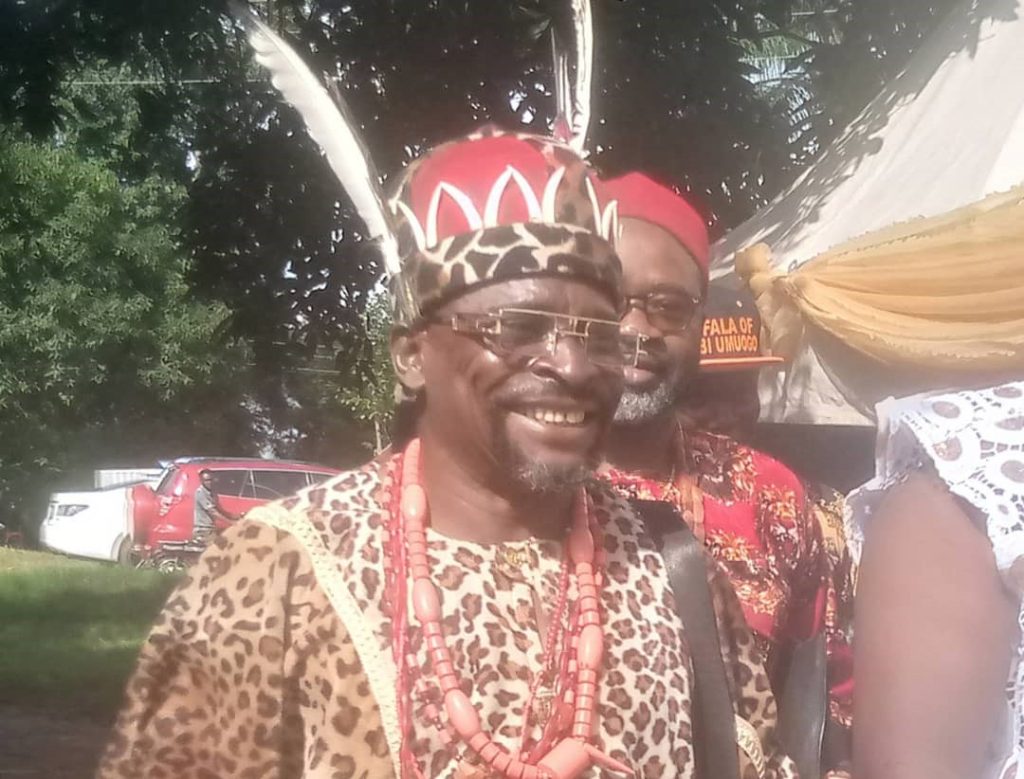Lawrence Nwimo, Awka
The increasing rate of killings and other atrocities committed in Igboland is partly responsible for the persistent poor harvest and overall low performance of farmers in Igbo communities.
This was made known to Ikengaonline by a farmer during the 2023 new yam festival of the people of Ezumeri in Oraifite community, Ekwusigo Local Government Area, Anambra State.
The farmer who identified himself as Sunday Enyiobi lamented that many communities in Igboland no longer produce enough food crops because so many things are going wrong, that nobody cares about.
“Whatever that brings food comes from the land, but when the land is desecrated, it fails to produce. Today, people spend so much money to cultivate but incur losses thereafter. These are caused by the atrocities that are committed today without cleansing.
Narrating his farming experience, he said: “I repeatedly cultivated N800,000 worth of yam seedlings, but at the end, there was nothing to show for it. But this year, I went to market with just N60,000 to purchase tubers of yam for my household; we couldn’t finish it.”
“It is a thing of magic that someone puts pieces of yam in the soil and it grows to something big. So many things happen that the eye cannot see. The past generation had ways of pacifying the land, but everything has been forgotten. Today, in people’s farmlands, crops are unhealthy and scanty; that is after huge resources have been committed to the cultivation.
According to him, Ndigbo are fast losing the culture and tradition that sustained them; the traditional Igbo practices that enabled past generations to sustain themselves through farming are dying and nobody is interested in reviving them anymore.
While he noted that people are fast losing interest in agriculture due to the attendant cost and low yield, he called on religious leaders both the traditional and church leaders to intensify prayers for cleansing, adding that such prayers will go a long way in reviving the productivity of the land.
He said agriculture remains a key sector in the Igbo economy, noting that without it, there would be no food in the land.

